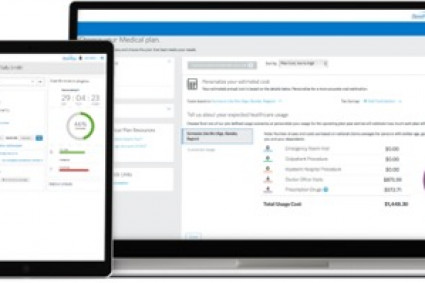
In the intricate world of UK business and finance, the term “Director’s Loan” holds significant importance. If you’re a director of a company, you may have heard this term thrown around, but what exactly does it entail, and why should you care? In this article, we’ll delve into the intricacies of Director’s Loans, Director’s Loan Accounts, and the compelling reasons to consider them for your business.
What is a Director’s Loan?
A Director’s Loan, often referred to as a “loan to a participator,” is a financial transaction that occurs when a director or a participator in a company takes money from the business. It essentially represents funds withdrawn from the company that don’t form part of their regular salary or dividends. These loans can be in the form of cash or any other assets.
What is a Director’s Loan Account?
A Director’s Loan Account (DLA) is a record that tracks all the transactions related to the Director’s Loan. It functions as a financial ledger to ensure transparency and accountability. The DLA keeps a record of all withdrawals and repayments made by the director, helping maintain financial clarity and compliance with legal requirements.
Why Take a Director’s Loan?
Directors may take loans from their companies for various reasons, which can include:
- Cash Flow Management: Directors may need access to company funds for personal use or short-term financial needs, making a Director’s Loan a convenient option.
- Tax Efficiency: Under specific circumstances, taking a Director’s Loan can offer tax advantages compared to other forms of remuneration.
- Investment Opportunities: Directors might use the loan to invest in other ventures or opportunities, potentially generating additional income.
Benefits of a Director’s Loan Account
Now that you understand what a Director’s Loan and its associated account are, let’s explore the advantages of maintaining a Director’s Loan Account:
- Transparency: A DLA ensures that all transactions are recorded, making it easy to account for every penny involved in the loan.
- Tax Compliance: Properly maintained DLAs help in adhering to tax regulations, reducing the risk of penalties or complications during tax assessments.
- Interest Benefits: When a director pays interest on the loan, it can be counted as an expense for the company, potentially reducing the overall tax liability.
- Repayment Structure: A DLA provides a structured approach to repaying the loan, allowing directors to schedule repayments that suit their financial situation.
- Legal Compliance: It is a legal requirement to maintain a DLA for any Director’s Loan to ensure compliance with HMRC regulations.
Director’s Loans and Director’s Loan Accounts are essential aspects of a director’s financial management within a UK company. While they offer various advantages, it is crucial to handle them with care, following legal guidelines and keeping meticulous records. Consider hiring expert small business accountants to make the most of your Director’s Loan and ensure proper financial management.




